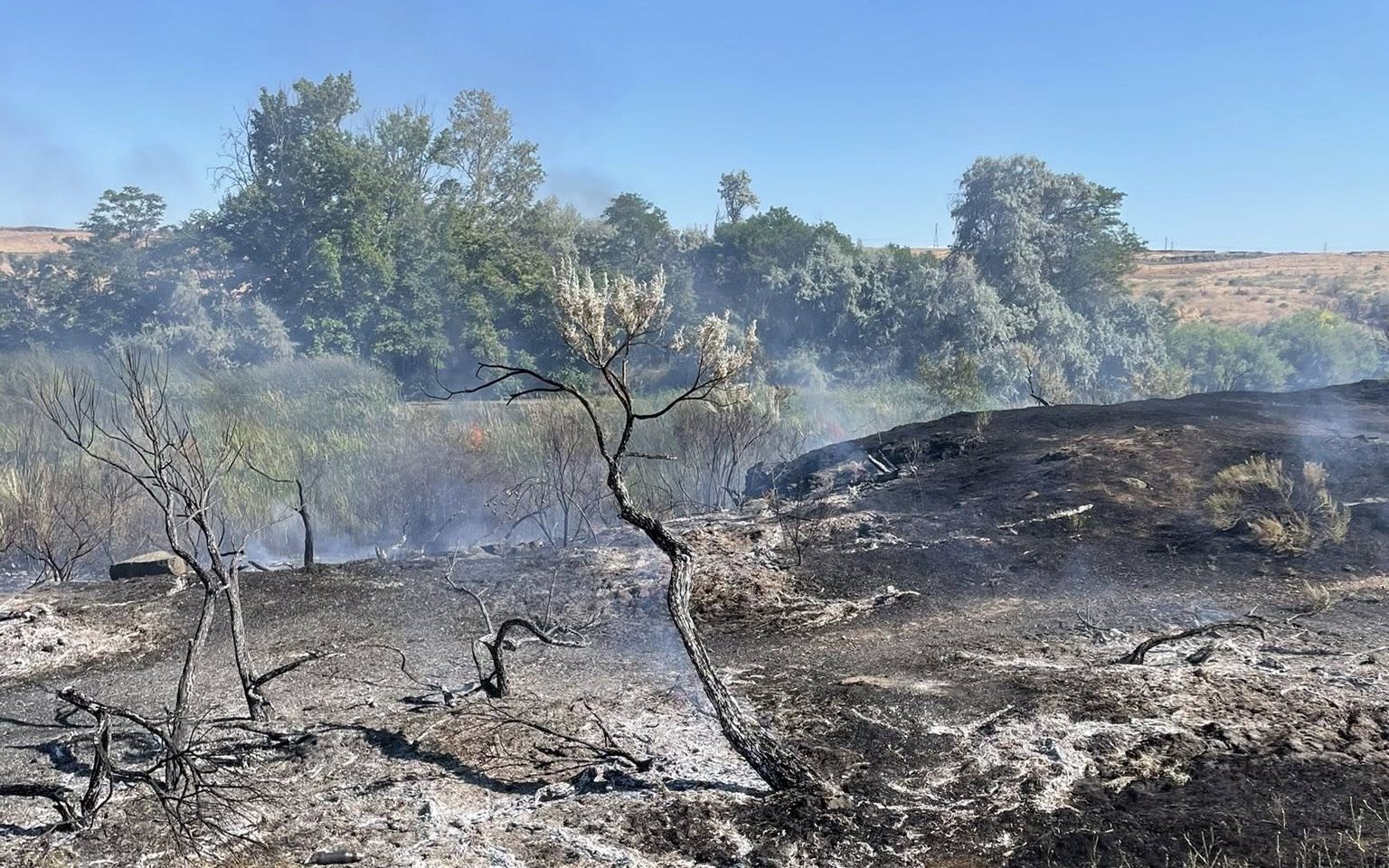Ask a lawyer: Keeping a couple out of divorce court
Published 6:00 am Tuesday, August 10, 2021
Q: My boyfriend and I are getting married soon. What advice do you have for us avoid divorce court later?
A. First off, congratulations. Second, the fact that you are already contemplating these questions means that you care enough to try and avoid a negative future outcome. So, you are already heading in the correct direction.
Here’s why your question is so important. I recently helped a person in Hermiston through the tumultuous end of their relationship. Unfortunately, there was significant domestic violence, and local agencies and services were involved. Out of respect for my client’s identity (and attorney-client privilege), I’m being intentionally vague about the facts.
There are a number of areas in which our firm typically sees relationships break down. The broad categories are kids, finances, and work ethic. I’m ignoring the obvious substance abuse, religion, and personal attraction questions, and assuming those have been previously addressed, or else you would not be considering marriage.
Regarding kids: Are you going to have kids? What will be your parenting style? What will be your discipline strategy (spanking, timeouts, talking)? What religion will the kid(s) follow (is this important, how often will you go to church)? How about school (home school, private, public)? What values are important to instill in your kids (relationships, hard work, athletics, schoolwork)? What happens in the event of infertility?
Regarding finances: What is important to spend money on (house, fun, car, retirement, vacations, school)? Who is keeping the budget? What is your significant other’s credit score and who is applying for loans? Is it important to save or important to have fun?
Work Ethic: Who is going to work outside of the home? How are you going to divide chores and responsibilities (grass, dishes, vacuum, cars)?
Usually it is not one of these, but it can be. You might be surprised (or perhaps you wouldn’t) to hear how often the reason one spouse is fed up with the other is, “their spending is out of control.” Or, “they won’t pull their own weight.” You should have a pretty good idea about most of these answers, and do not ignore the red flags.
Q: My neighbor built a shed, and I think it’s over my property line by about 2 feet. Can I ask him to compensate me for use of my property?
A. Property line disputes are often complicated and can lead to litigation. I generally recommend talking to an attorney about your particular facts and circumstances to know your rights.
That said, I suppose what often comes first to people’s minds when they think of a property line dispute is the Hatfield–McCoy feud. But unlike the families in West Virginia and Kentucky, it sounds like your issue is amicable.
If you follow the local news, you might have seen a legal action where Christopher and Monique Waine are suing the Umatilla County and the city of Hermiston to “Quiet Title” to “their” property. As part of their relief, the Waines seek an injunction to prevent “trespass” and an order “clearing” the “cloudy” title, and other relief. In the media, Chris Waine has asked to be “compensated” for the use of “his land” by the county/city.
In any property line dispute, the first thing to do is to gather the facts. How long have you known about the shed being on your property/how long has it been there? Have previous surveys been done of the property lines? Have pins been set? If no survey has been done, there are several local survey companies — Primm Land Surveying, CK3, R.V. McKinnis and others — available to perform the job for you.
Once you are certain of the actual property lines, the next step is to put the other property owner on notice of the issue. Clearly outline the issues and keep careful records of these communications. After this, the neighborly thing to do (and often the law requires this) is to try and reason out a solution with your neighbor. If the shed is on your property, in most cases, you have a right to have the other owner remove the offending portion, or you can work out an “easement” and be compensated for the portion of your land being encroached upon. If this fails, you’ll need an attorney.
For additional answers to similar questions please visit the resources page of my website, oregonlegalfirm.com. Please keep the questions rolling in; send those to clooten@gmail.com.







